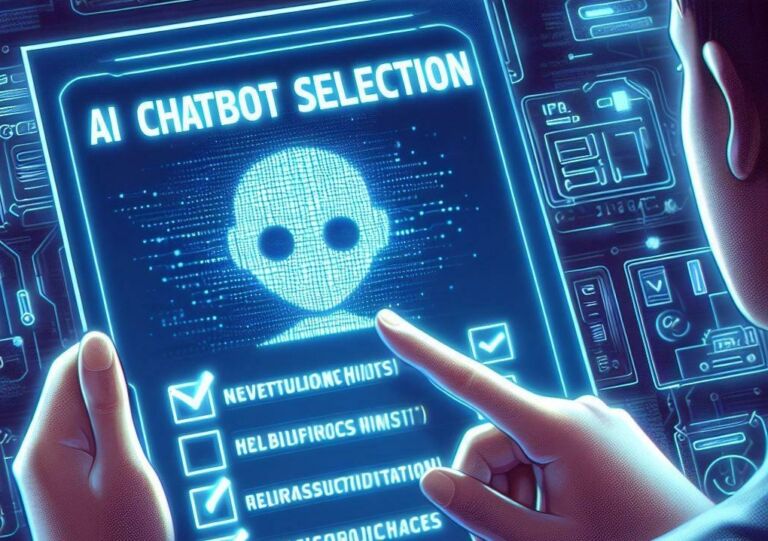Remember the dark ages — you know, a few years ago — when you couldn’t get free wi-fi access in almost any imaginable commercial setting? Kevin D. Williamson‘s latest column for National Review Online explores the factors that helped make that free wi-fi available.
A very common talking point among those who advocate greater government management of the economy through “investments” in things such as alternative energy and electric cars is that, had it not been for a federal project, there would be no such thing as the Internet today. That is true, but it is for the most part trivially true. The Internet’s precursor is ARPANET, a Department of Defense project sponsored by DARPA and designed to facilitate communication among government- and university-based research computers, which were in the 1960s a scarce commodity. (It is folklore that ARPANET was designed to provide the military with a communication system that would withstand a nuclear attack, though that consideration did enter into later thinking.)
But ARPANET was deployed in 1969, and it was not until 1995 that the last restrictions on commercial use of the Internet were rescinded (though the rules had been liberalized considerably in the 1980s and 1990s). Like the emergence of wireless connectivity, the Internet itself required a stable, predictable regulatory regime and the reduction of regulatory barriers before it could become what it became. Bear in mind that it was only in 1993 that Mosaic hit the market, in effect making the World Wide Web commercially accessible. Less than 20 years on, the Web has become one of the most important facts of modern life, a world-changing source of information, productivity, and wealth. The U.S. government still pretty much looks like the U.S. government — worse, the executive branch of 2012 more closely resembles an administration from 1964 or 1978 than it does one from 1993. …
… The critical thing is not that government engage in no research-and-development activity; indeed, the critical thing is that government does engage in research-and-development activity related to legitimate governmental ends, such as national defense and preventing the spread of disease, and that in all critical sectors market forces be allowed to work. We have cheap and nearly ubiquitous wireless Internet because DARPA and the FCC did their things, but Netscape and AT&T were permitted to do their things, too. The same cannot be said of our monopoly K–12 education system, or of our soon-to-be near-monopoly health-care system. The human costs of that fact are astounding, and they are everywhere to be seen.


